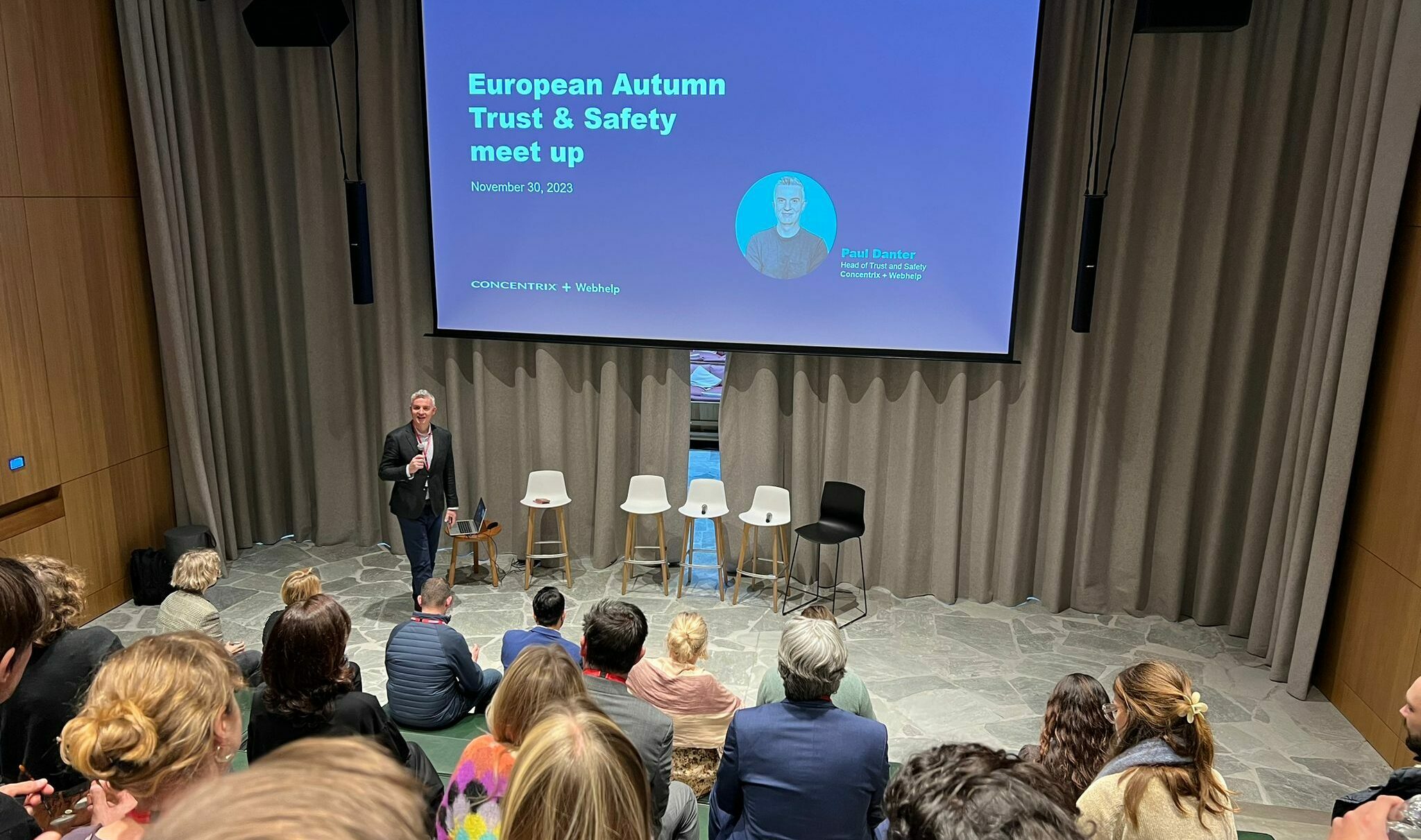SHARE
What we learned from wave 1 to prepare us and implement for wave 2
The coronavirus pandemic has affected every aspect of our daily lives. As we adjust to these radical changes, we reflect on what we have learned from the first wave of COVID-19, to implement during wave two.
From the closure of non-essential business to grounding planes and closing borders, the way we manoeuvre ourselves has considerably affected the way we plan for any future events: travelling, eating out, even seeing friends or family.
This new reality rapidly swept away everything we took for granted during the 1st wave. So what is going to happen with 2nd wave already here and as we prepare for Christmas?
Journey of emotions
It’s safe to say wave 1 showed us the importance of resilience, adaptability, flexibility, and empathy to get us through this critical phase of uncertainty and prepare us for the next level. As travel and leisure industry expert Nora Boros anticipated the future landscape post-COVID – these characteristics have never played a bigger role for businesses in the travel and hospitality industry to stay open and maintain operating.
As wave 2 announces its presence, it’s essential these human industries of travel and hospitality learn from the challenges imposed and optimise the opportunity to focus on delivering a seamless multi-channel customer experience to stay ahead.
Connecting emotion with the customer journey
The travel and hospitality industry are now fraught with many concerns that were not necessarily top of mind before for customers – cleaning procedures, hygiene, country and local tourist restrictions etc. These considerations before booking a trip or table make the buying process for customers multifaceted and more emotional than it was pre-COVID.
Adapting to these changes, invites businesses to reinvent their business strategy and connect with their customer in different ways to provide a more meaningful experiences and rise to customers’ expectations despite these challenging times.
At Webhelp, we released a study in collaboration with YouGov, on how to connect with customers and their emotions for organisations to implement in their customer experience strategy and distinguish themselves in the market. We identified the top five sources of emotional connection:
- the overall customer experience,
- the brand is easy to deal with,
- the brand’s values are similar to mine,
- the quality of interactions with the brand,
- and the brand is ‘human’.
As the study shows, customer experience is number one, with another key factor of the brand being ‘human’. We align this with Webhelp’s people-first company and a think human mindset.
We have worked with several of our travel clients to understand their customers needs and wants, and connect with them in a purposeful way – “purposefully using this data is essential in building an emotional connection, combining this with the human experience will support in managing expectations, and create strong bonds customers.” John Leighton, Head of Customer Service, easyJet.
As the world goes through a crisis together, this commonality supports us in our approach to understanding customers on an emotional level to deliver a more human experience. The need for that personal connection will become increasingly valued when it comes to travel in the future, and imperative for the industry to be prepared in their customer experience strategy moving forward.
Interested to learn more about how you can use data to build emotional connections with your customers? Watch our travel rebound webinar with leading industry experts discussing how they are using key learnings from 2020 to implement into their travellers experience for 2021 and beyond.

![[Fashion] Choosing the right partners to grow your business in 2024, at a time when trust is fragile](https://media.webhelp.com/wp-content/uploads/2023/12/21090253/Office-Showcase-2.png)


